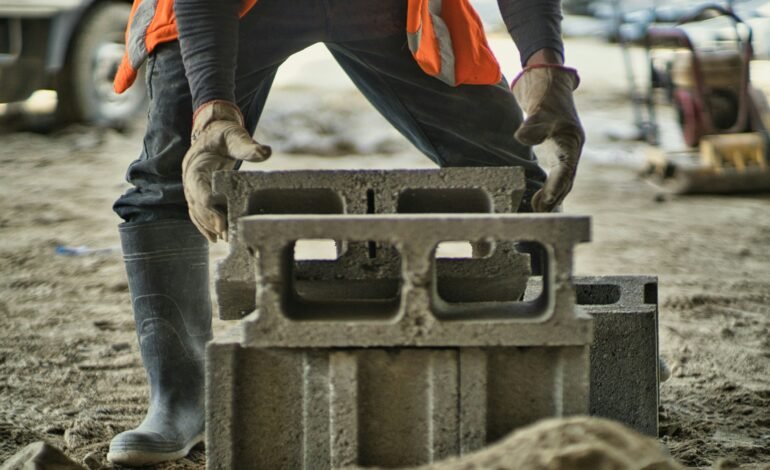Deported Hondurans face uncertain return
Between forced returns and aid programs, Honduras faces a growing challenge: offering deportees a genuine new beginning.

Photo of Hector Emilio Gonzalez in Unsplash
The return of some migrants to Honduras has marked a new chapter in their history. Authorities have recently been wondering how to address the return of migrants. more than 13,500 Hondurans; some deported and others who have voluntarily returned from the North American country.
Most of these citizens are young people, parents, and even minors. For many, returning is to a country they don't even know; others recognize it, but no longer feel it's their own after years, or even decades, of living abroad.
Among the flights that have landed in Tegucigalpa and San Pedro Sula, not all have been forced expulsions. Some, like the 38 Hondurans who arrived from Houston in May, were part of the "Project Homecoming" program, a "voluntary deportation" initiative promoted by U.S. immigration authorities. Also traveling on board were 19 children, some of whom were born on U.S. soil.
But while the return trip may seem voluntary on paper, in practice most people do it without any other option.
What assistance is available upon arrival in Honduras?
Upon landing, the deportees are transferred to the Returned Migrant Assistance Centers (CAMR), where they receive a hygiene kit, basic food, and $100 in cash. They also have access to transportation to their home regions. But once outside the center, state assistance is limited and discontinuous.
President Xiomara Castro has attempted to give a signal of support with the implementation in January of the National Emergency Strategy for Migrants and Returnees, which seeks to provide legal and psychological support and economic opportunities for those who return. One of the most visible programs is "Brother, Sister, Come Home," which promises up to $1,000 for small businesses.
However, resources are scarce, and many of these promises fall far short of all those deported. According to accounts collected by international media, some migrants return without family, without a home, or without any employment ties. “We came back because there was no other option, but we have nothing here either.”, expressed to AP A 37-year-old father deported after eight years in Florida.
Beyond the airport: an emotionally charged return
In addition to economic hardship, many returnees face social stigmatization and psychological trauma. Some were detained for weeks in U.S. immigration centers, handcuffed and shackled, with no contact with their families. "They treated us like criminals," they say.
For young people who emigrated as children and grew up in the U.S., returning to Honduras means a complete cultural disconnect: they don't speak the language fluently, aren't familiar with the local education system, and often don't have valid Honduran documents. Reintegration becomes a second migration, but without the impetus of hope.
Although Honduras has taken initial steps to address the crisis, the returnees are far from being managed as a structured national policy. Psychological support is minimal, and job placement depends more on NGO initiatives or specific business alliances than on a comprehensive strategy.
Furthermore, with more than 261,000 Hondurans pending deportation orders in the US, the pressure on the Honduran system is gradually growing. This reality is preparing them to massively absorb their citizens back, with a significant number of them returning with a history of accumulated trauma.
Rebuilding hope for those who return without planning to do so is the new challenge. To ensure that return is not a new punishment, Honduras will need to pursue decent employment, mental health, regular documentation, and technical training, especially for young people.
Without urgent action, migrants could face a new wave of irregular migration or fall into pockets of exclusion and poverty that would allow the cycle to continue.
For more stories like this, follow More Latin.
Sources:
